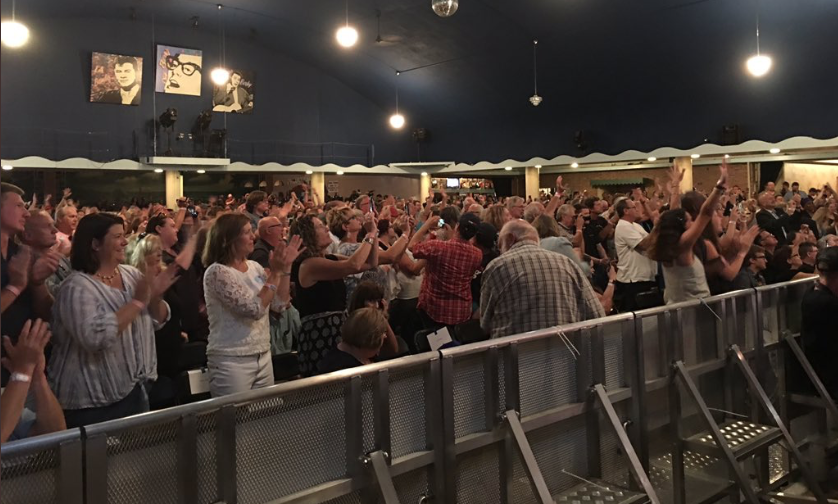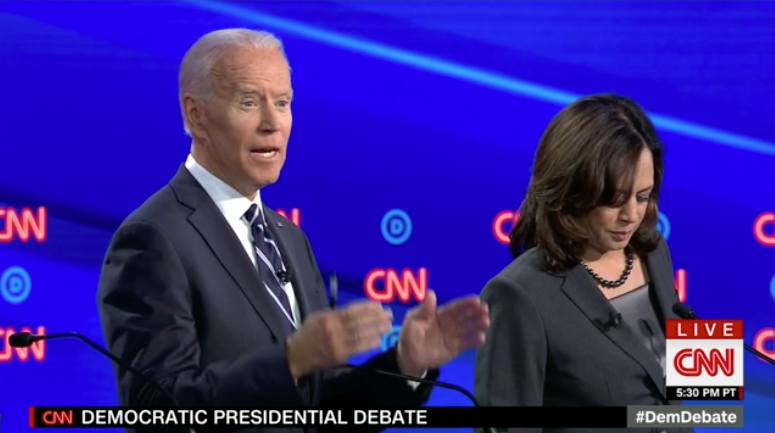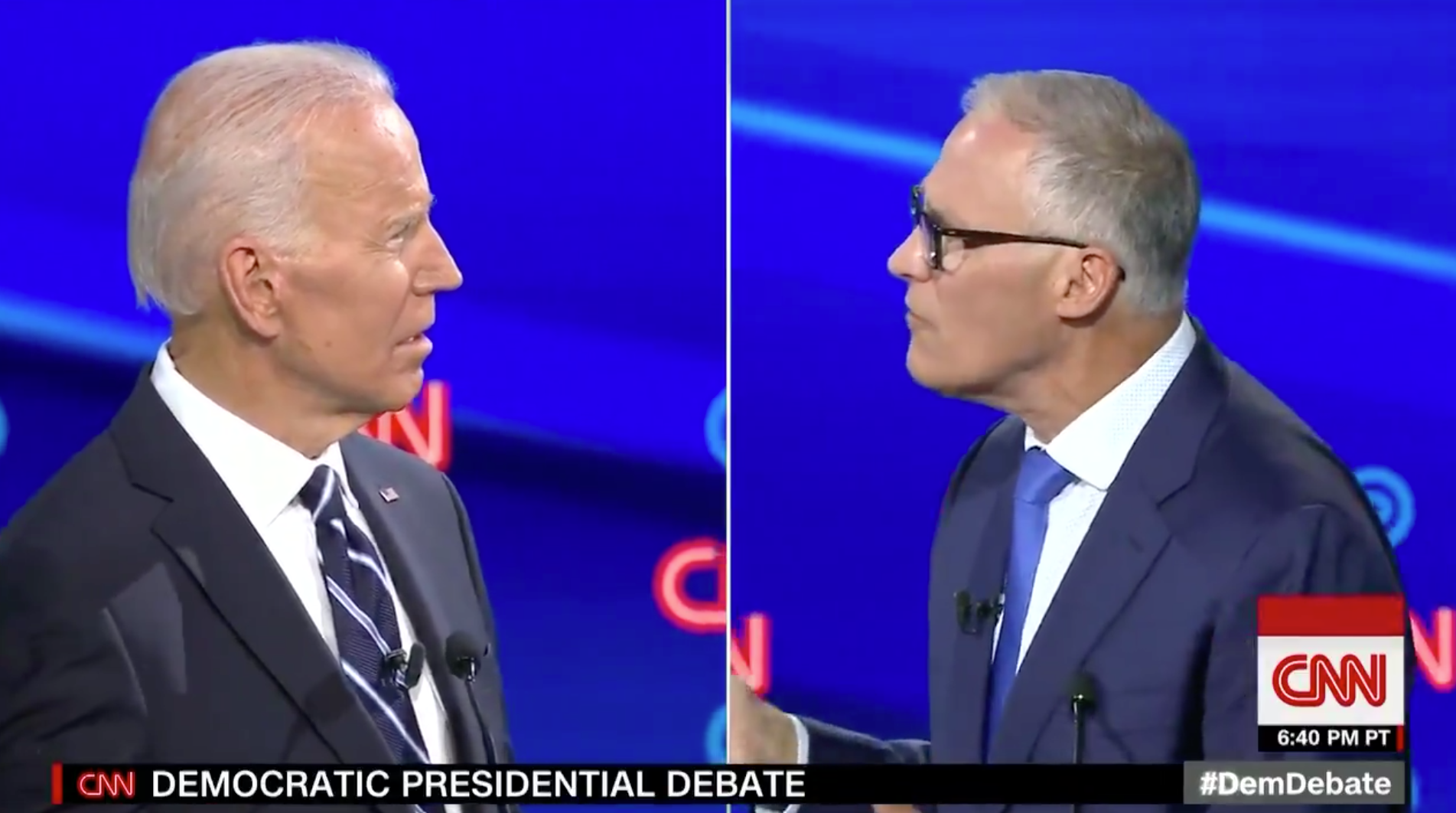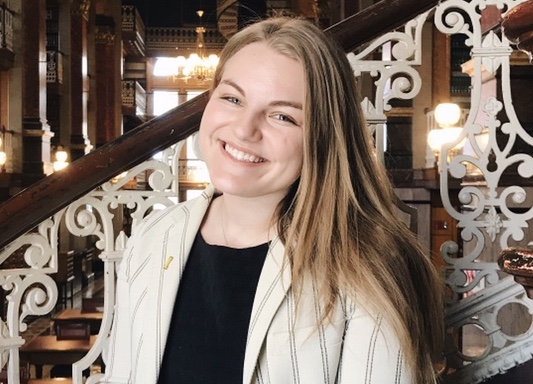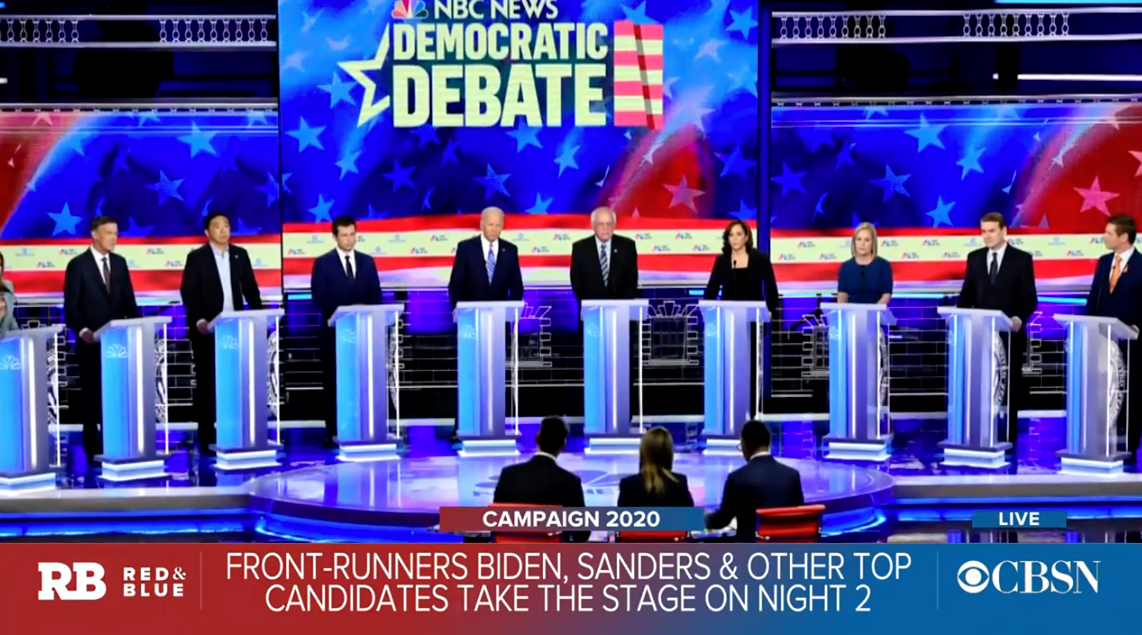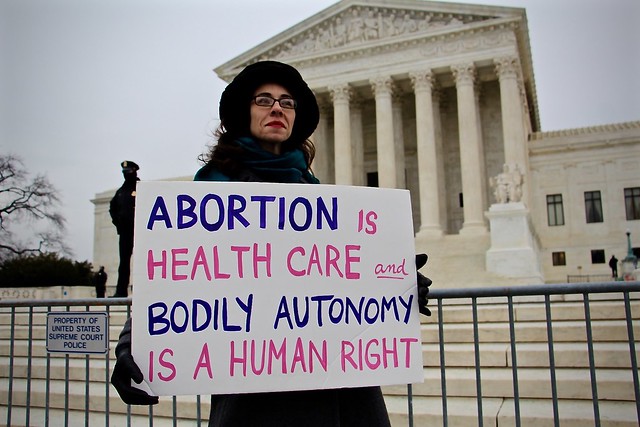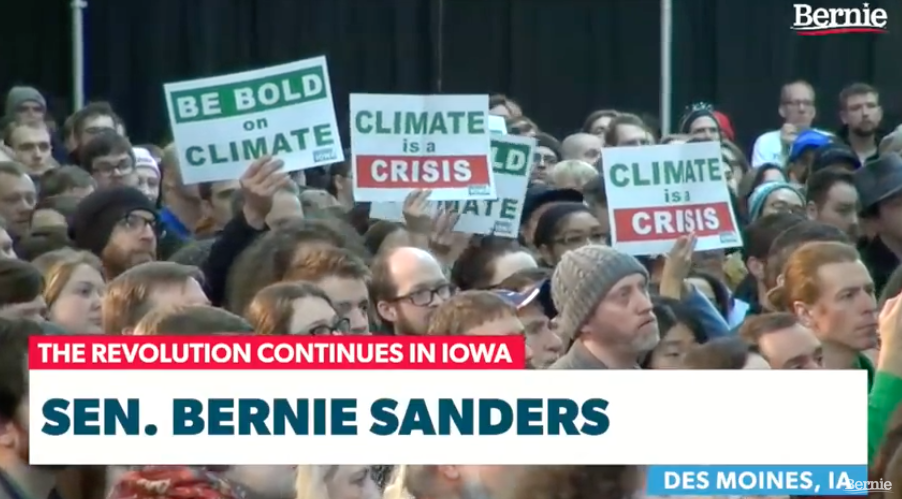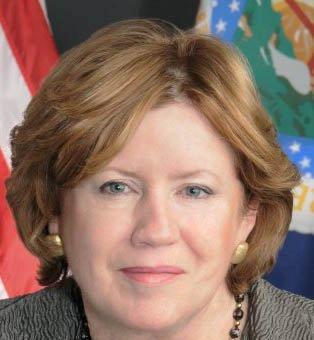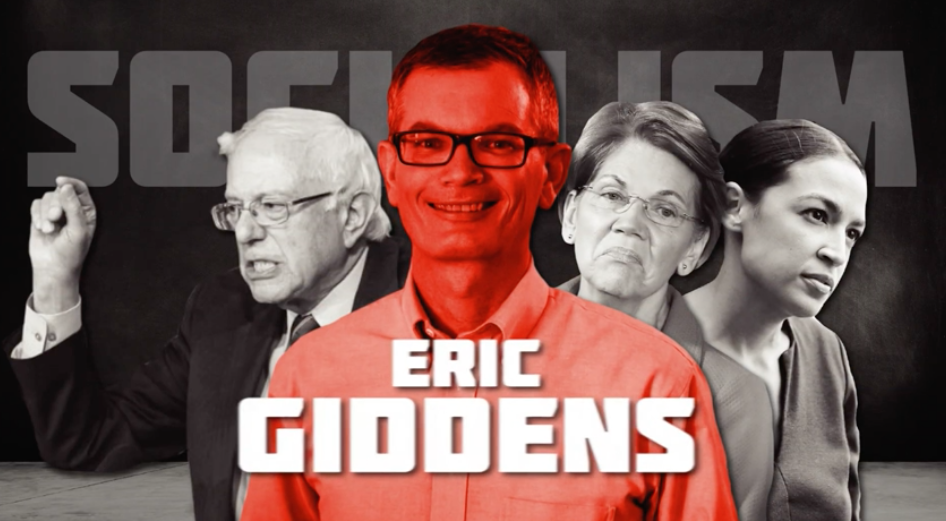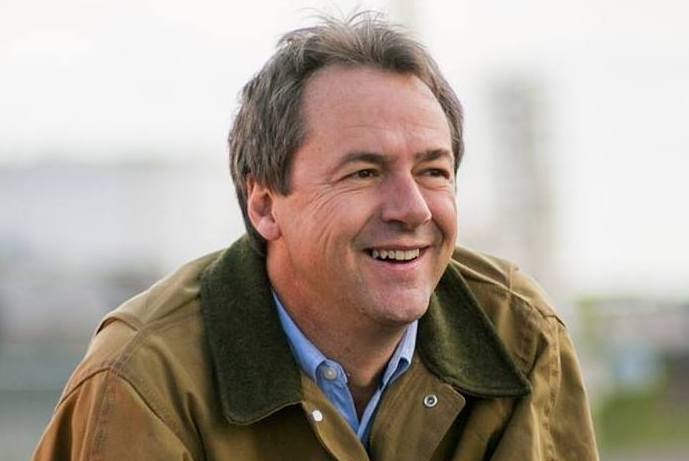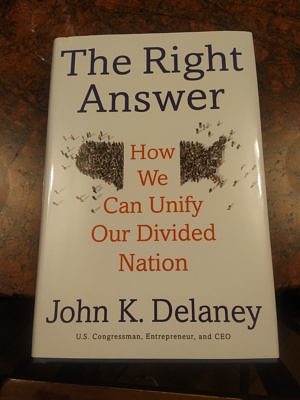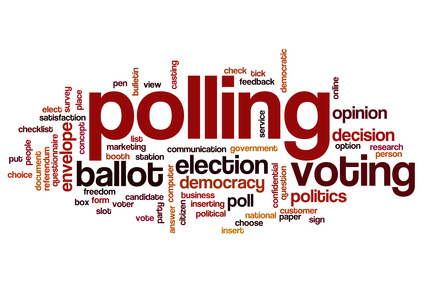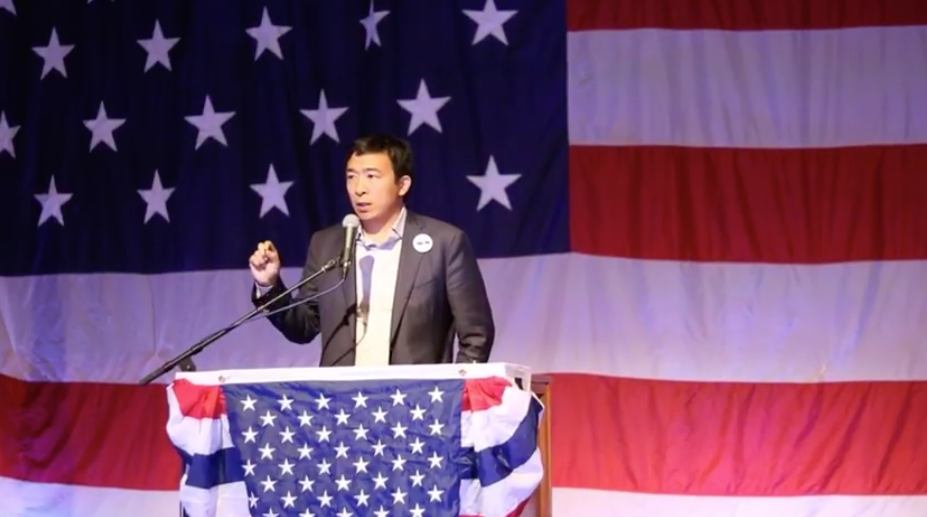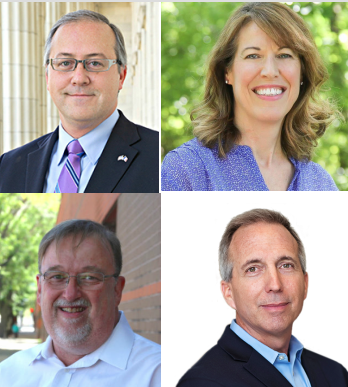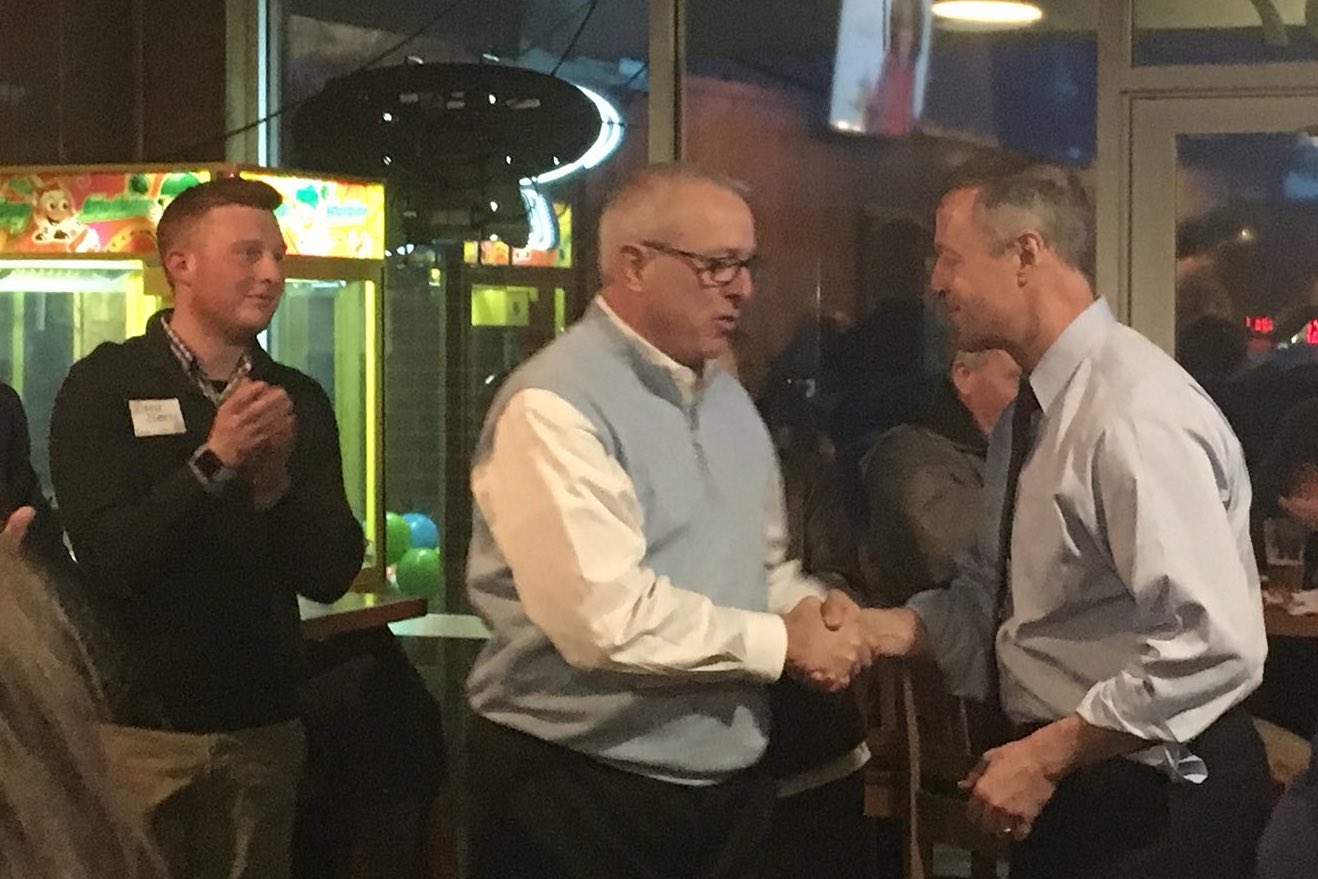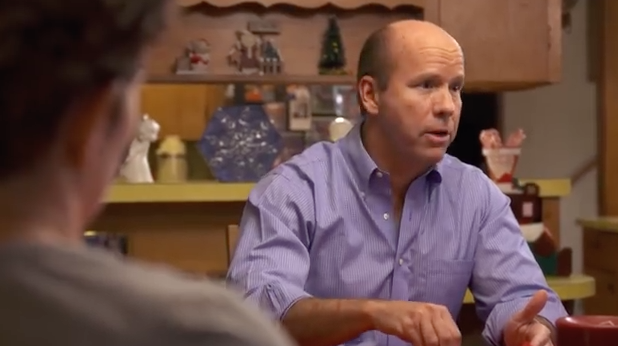Twenty Democratic presidential contenders and Congressional candidate J.D. Scholten spoke to an excited, beyond-capacity crowd at the Iowa Democratic Wing Ding on August 9. I love everything about this annual fundraiser in Clear Lake’s historic Surf Ballroom, except for the lack of Wi-Fi service.
C-SPAN posted all of the five-minute presidential candidate speeches with closed captioning transcripts, and the complete video from the evening is available on the Fox 10 Phoenix YouTube page. Mike Dec of the Blog4President website published photo galleries of all the speakers.
I left the Wing Ding with the same takeaways that have crossed my mind after almost every political event I’ve attended this year.

